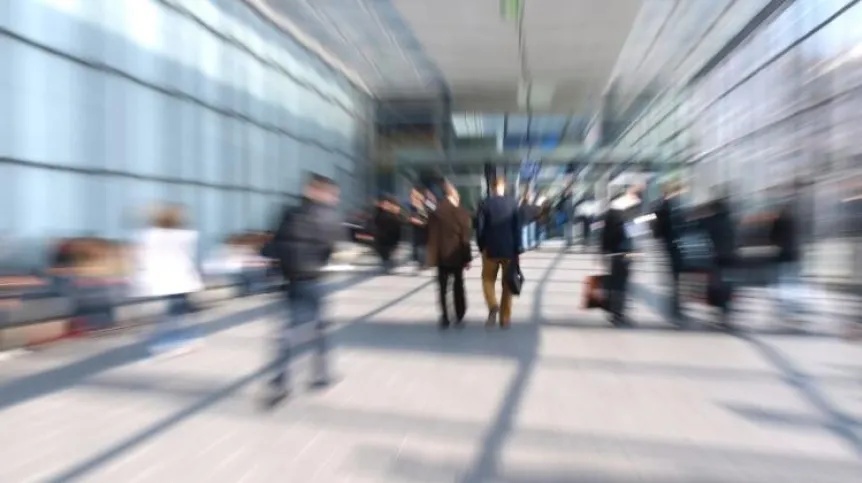
The COVID-19 pandemic may strengthen social hierarchy, according to a leading sociologist.
According to Professor Henryk Domański from the Institute of Philosophy and Sociology of the Polish Academy of Sciences, all previous studies have shown that people with higher social status treat health-promoting behaviours as an investment and part of their life strategy more than others.
He said: “The pandemic is associated with health-promoting behaviour. The higher people are in the social hierarchy, the more they care about health. Not only because they can afford it, but also because they treat caring for their health as an investment that pays off and should pay off.
“Knowledge, which is part of cultural capital, enable us to better understand the importance of health for professional success and life satisfaction.
“That is why I believe the pandemic will be a factor that can strengthen social divisions.
“As time goes on, people who are higher in the hierarchy will be increasingly different from those below when it comes to health care in the context of COVID-19.”
He added that people from lower-income groups will not only be unable to afford all available means of protection against the pandemic, but also health care will not be their most urgent need.
The sociologist, whose field of speciality deals with issues related to inequalities and class hierarchy, said that people with a higher social status will be more likely to follow the principles of social distancing.
He said: “The tendency to emphasize separateness has always been characteristic of higher-ranking categories. This includes the way of spending free time, the way of listening to music, the books people read, how they socialise. This is also due to the need to demonstrate one's own exclusivity. And exclusivity is associated with distance from others, and thus creating social barriers.”
The professor also believes that when vaccines against COVID-19 become available, higher social classes will be the first to vaccinate.
“We know that the attitude towards vaccines is correlated with social position. People who are lower in the social hierarchy are more suspicious of vaccines. These people relatively often refer to magic or mysticism when dealing with threats. Another factor is that representatives of the lower classes are more likely to think that money is better to spend on current needs than on health care,” he said.
Changes in the labour market can be another aspect of social transformation. For example, more companies may conclude that after the pandemic they can reduce costs by leaving employees in remote work mode.
Professor Domański said: “Remote work may become the standard in some office professions. This would redefine socio-professional roles and life patterns. But this does not necessarily translate into an increase in social inequalities.” He added that these processes will modify the functioning of the upper middle class.
He added that it was also important to see how social inequality will be affected by remote education in schools. For example, students do not have equal access to computers, which have become an essential learning tool which could see “re-emerging educational inequalities.”
In his opinion, the differences in access to the Internet are not as great as they were a decade ago, but the way of using the Internet is - time spent acquiring information online is also an investment that will translate into greater knowledge and effectiveness of education.
He said: “People from the upper middle class have always been privileged in this respect and there is no reason why this would change now.”
PAP - Science in Poland, Ludwika Tomala
lt/ ekr/ kap/
tr. RL













